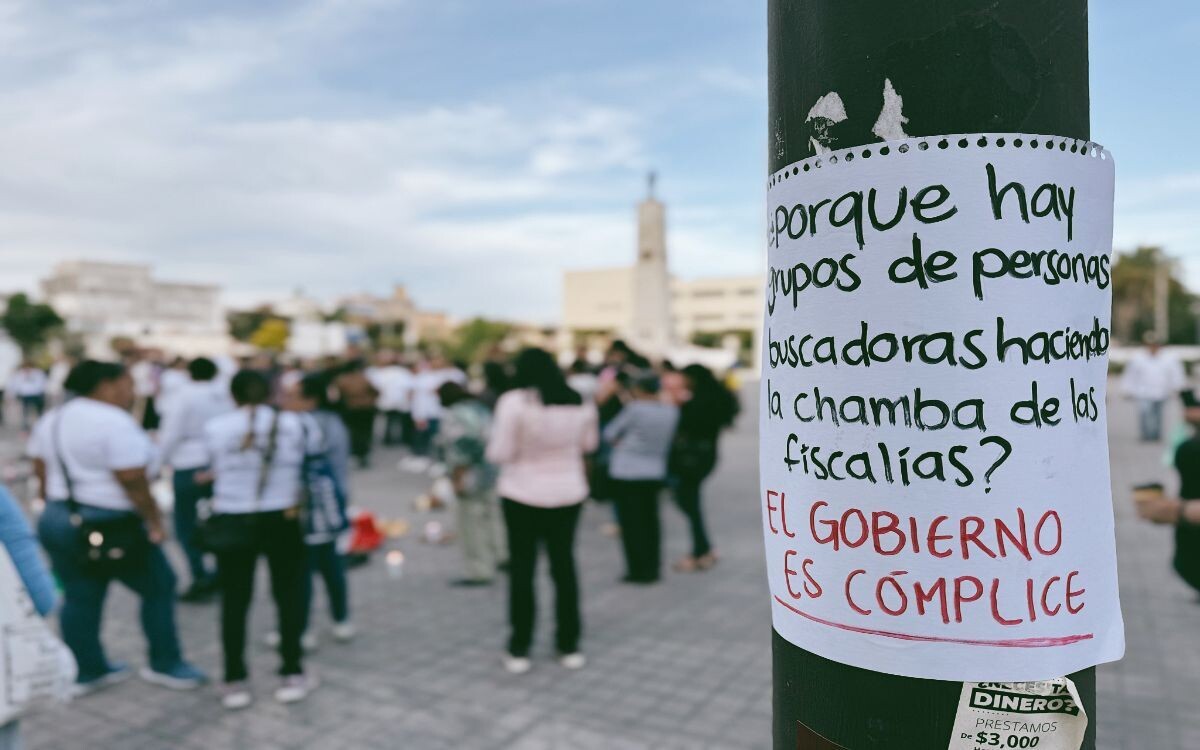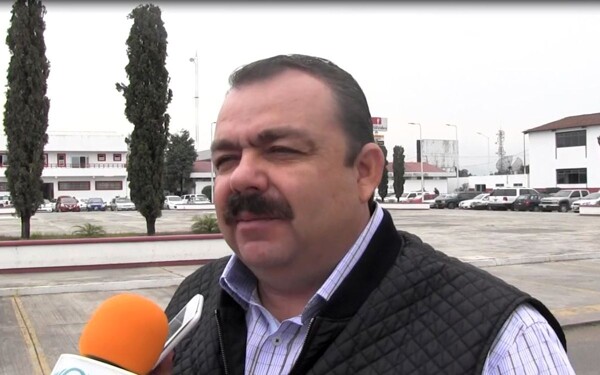
Last Saturday, demonstrations took place in several states of Mexico in honor of the victims of enforced disappearances and forced recruitment, as part of a national day of mourning and demand for justice. These protests were held in public squares, in front of government palaces, and in iconic places in each city.
Since the start of the organized crime war strategy in 2006 during Felipe Calderón's administration, and in the last four governments, Mexico has recorded 121,875 missing and unlocated persons. The day served not only to remember the victims, but also to underline the state's debt to the thousands of families who continue to search for their loved ones.
In these demonstrations, the collectives placed lit candles, search flyers, and hundreds of pairs of shoes in memory of the missing, bringing visibility to the disappearance and femicide crisis facing the country.
In Nayarit, at the Benito Juárez square in Tepic, collectives and citizens gathered to place 400 pairs of shoes as a symbol of the absence of their loved ones. They also denounced the difficult situation in the municipality of Huajicori, where organized crime has caused forced displacements, famine, and land occupation for more than a year.
In Morelos, at the Plaza de Armas in Cuernavaca, another demonstration took place denouncing the impunity in cases like the discovery of bone remains in Teuchitlán, Jalisco. Participants demanded that state authorities address the forensic crisis and the mass graves in Jojutla.
In Oaxaca, searching mothers joined the national vigil with candles in hand and slogans like "We want them alive!", demanding that the state take responsibility for locating missing persons. According to the State Search Commission, 650 disappearances were recorded in the entity in 2023, a figure that the collectives consider underestimated, estimating that there are more than 4,000 cases.
In Chiapas, the collective Mothers in Resistance protested in front of the Government Palace in Tuxtla Gutiérrez, drawing attention to gender violence and the lack of justice in cases of femicide and disappearance in the region.
In Sonora, the collective Mothers Searching for Sonora joined the national day with a vigil in memory of their missing relatives, highlighting the tragic issue of clandestine graves and human remains found in the region since the group's founding.














